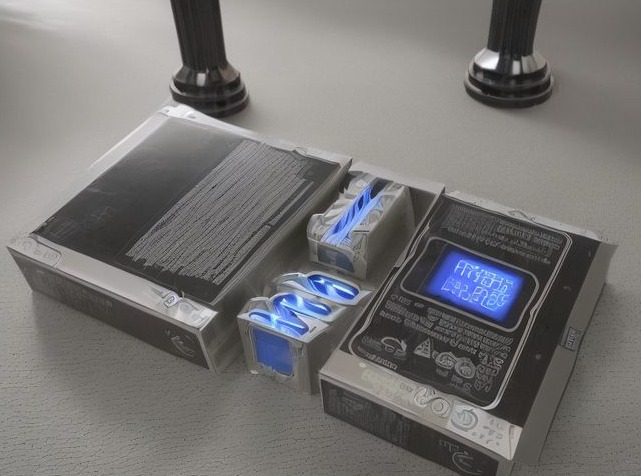Solving Battery Fire and Explosion Issues, Water Batteries Expected to Hit the Market Within 5 Years
Recently, scientists from Liaoning University in Shenyang, China, in collaboration with the Royal Melbourne Institute of Technology in Australia, have made a significant breakthrough in battery technology by developing an innovative energy technology known as the “aqueous metal ion battery,” or “water battery” for short. This breakthrough has attracted widespread attention in the battery technology field, with its safety and environmental friendliness being the major highlights.

Unlike traditional organic electrolyte batteries, water batteries use water as the electrolyte, fundamentally eliminating the risk of fire and explosion. Additionally, the water battery features a unique design that allows for easy disassembly, enabling material recycling and further reducing environmental impact.
The research team has successfully developed coin-sized battery prototypes suitable for small devices such as watches, as well as cylindrical versions similar to AA or AAA batteries for a broader range of electronic devices.
The operating principle of the battery is based on the storage and release of energy through the flow of electrons between the anode and cathode. In water batteries, the electrolyte is a saltwater solution, distinctly different from traditional sulfuric acid or lithium salt electrolytes. This revolutionary design not only enhances battery safety but also simplifies the manufacturing process and material requirements.
Although the current energy density of water batteries is approximately 75 watt-hours per kilogram, only a third of that of Tesla car batteries, scientists believe that by developing new nanomaterials for electrodes, the energy density can be significantly improved in the future. Furthermore, water batteries are made from abundant, low-cost, and less toxic materials, making them a potential short-term replacement for lead-acid batteries and a gradual replacement for lithium-ion batteries in the medium to long term.
Industry experts and analysts widely agree that the successful development of this technology will have a profound impact on the battery industry. It not only improves battery safety but also reduces production costs while promoting sustainable development. As the technology matures and gradually gains market acceptance, water batteries are expected to become one of the mainstream energy solutions in the coming years.
Looking ahead, scientists will continue to explore and optimize the performance of water batteries to meet the growing market demand. Meanwhile, the industry is also looking forward to the wide application of this technology, which is expected to drive the continuous development of the electronics industry and advance environmental protection efforts.